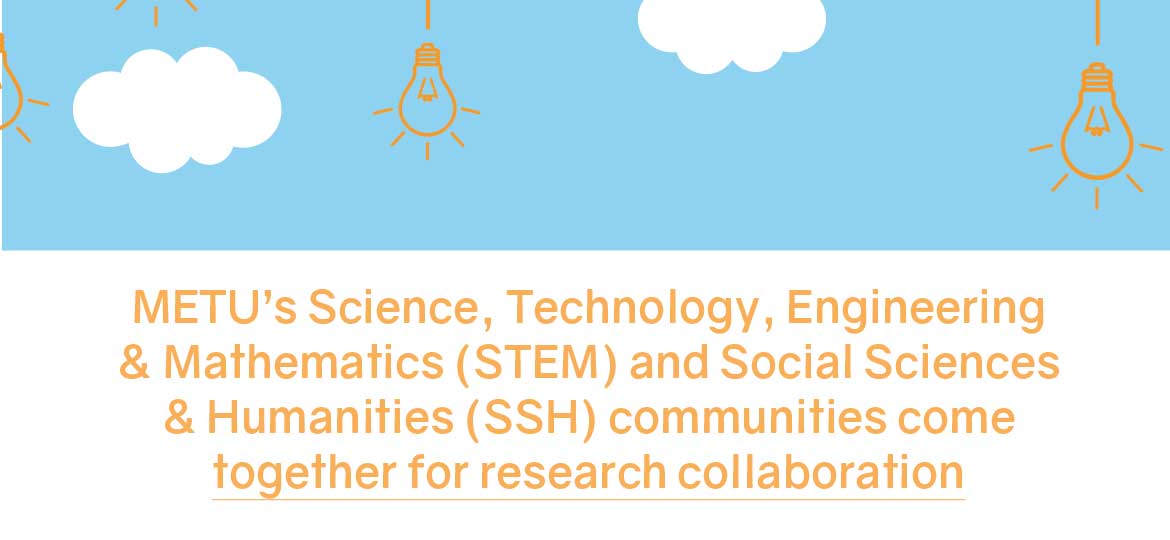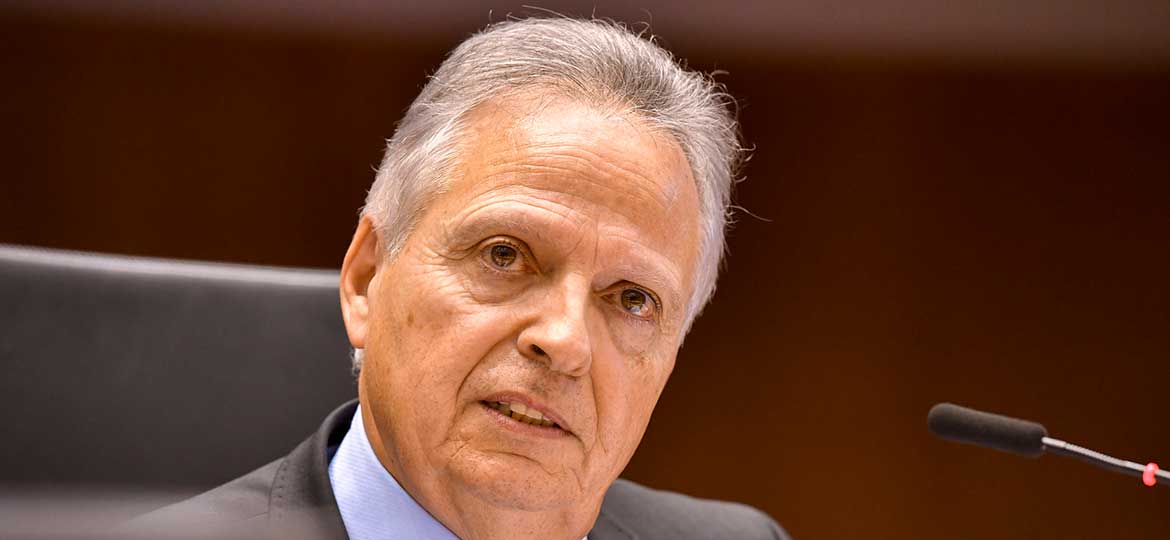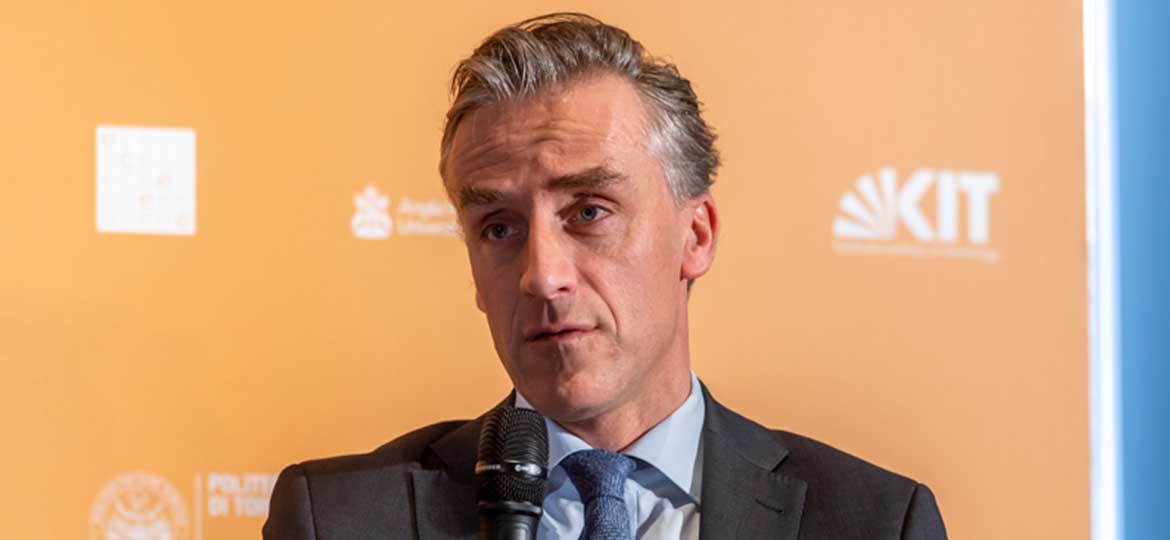‘Decentralisation of renewable energy production and transmission for the Turin metropolitan area’
The SHAPE ENERGY multi-stakeholder workshop was held in Turin on the 1st of December and co-hosted by Politecnico di Torino and Iren. Iren is one of the largest multi-utility companies on the Italian scene and operates in the sectors of electricity, thermal energy for district heating and gas, and in the management of integrated water services, environmental services and technological services.
Being such an important energy player in the Turin area, Iren is committed to involving local stakeholders through its “Territorial Committees”, which have been established since 2014 with the purpose of including local stakeholders in the evaluation of projects and strategies enhancing social and environmental sustainability.
Participants of the Turin workshop were among the members of those Iren’s Turin Territorial Committee, with people coming from very different organisations: energy producers, local municipalities, research institutions, natural parks, trade unions and sectors’ associations (consumers, homeowners, commerce, industry, small-medium enterprises, cooperatives, construction, students, etc.).
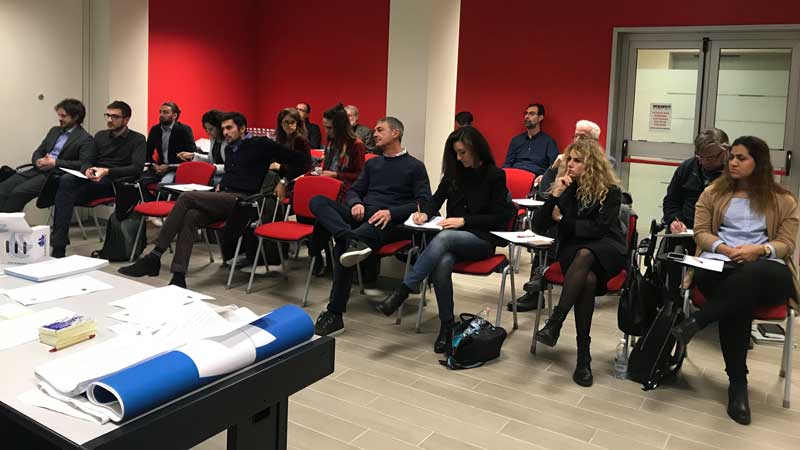
Facilitators from Politecnico di Torino coming from STEM and SSH backgrounds (architecture, engineering, sociology) set four scenarios to reflect on the future energy strategies for the Turin metropolitan area.
The decentralisation of renewable energy production and transmission was the challenge discussed among four groups of participants, considering a temporal horizon of 10-20 years from 2017.
The storytelling approach was applied to the four scenarios built on the combinations of the ‘centralisation/decentralisation’ and ‘renewable/non-renewable’ dimensions. In each story, the group imagined a common day in the 2030s’ Turin. The depicted scenarios were then told in a plenary session, where participants voted for the most desirable one.
A final story was then written by all participants, trying to understand which are the current barriers and opportunities to get to the envisioned state of the city in 2040, with special attention to new business models for energy providers and new roles for SSH. Health problems, loneliness, protests for poor air quality and world wars were all identified in the story as ingredients potentially impacting citizens’ daily lives; indicating leverages and signs with which to measure and tailor future energy strategies at the local level.
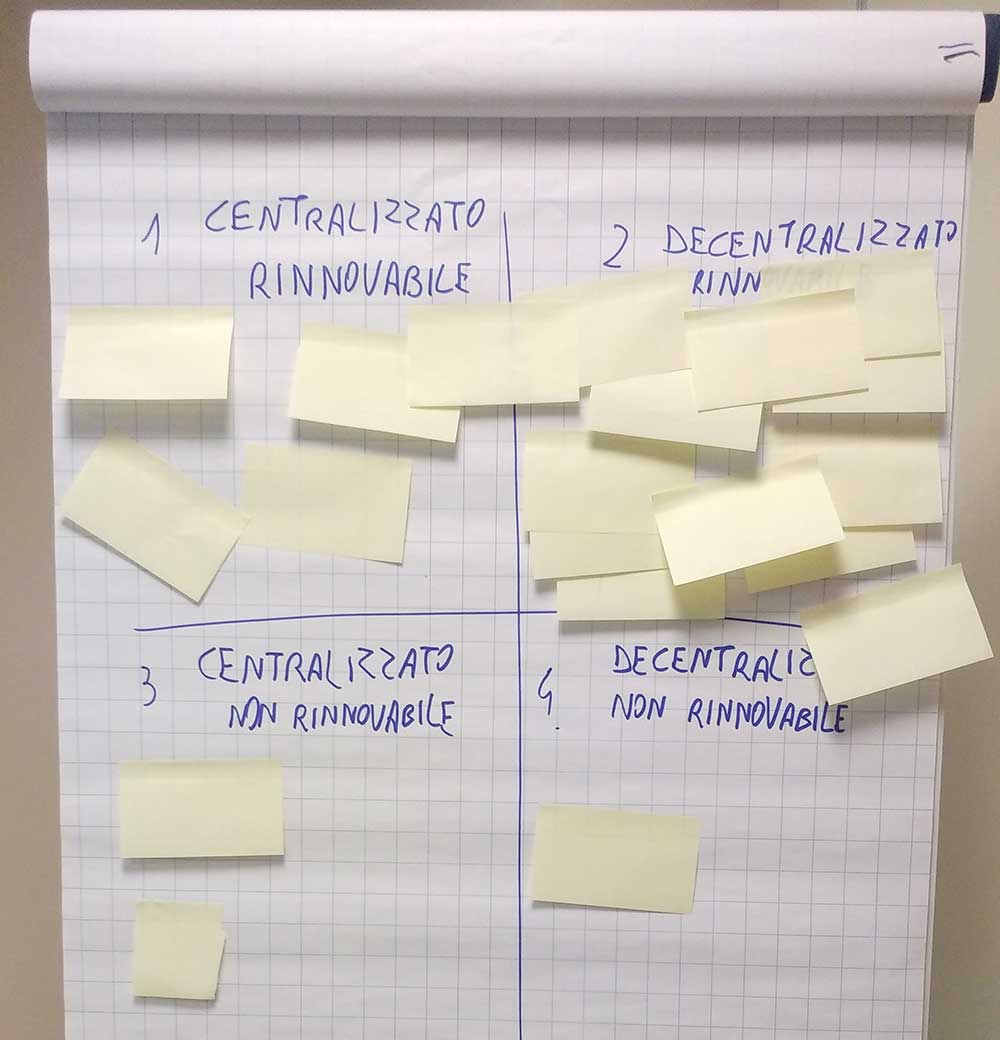
According to participants, the workshop has been a successful way to interact and brainstorm about the future, scary or desirable, city of Turin. The discussion was very lively, and characterised by levels of technicality that were kept functional for the mutual understanding of both social scientists and engineers. It also allowed participants to reflect, thanks to the storytelling approach, upon the requests and activities of different actors who are likely to be involved in an energy transition process at the local level. It also identified the many barriers to energy transition that could be overcome or softened through a higher integration of different SSH disciplines.
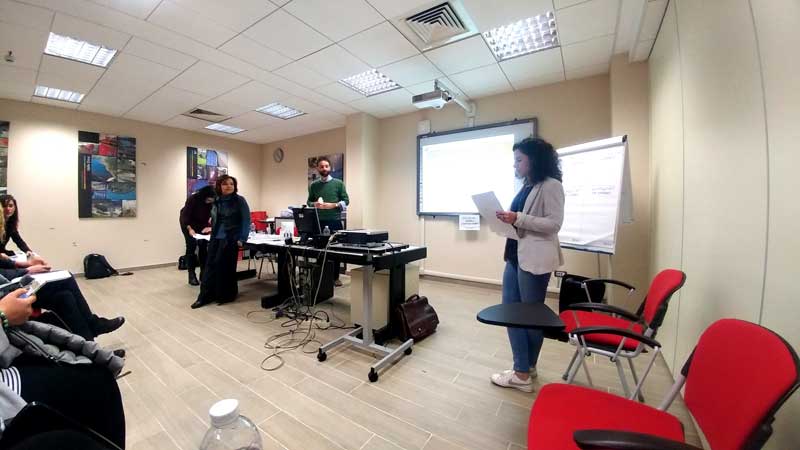
By Giulia Sonetti and Osman Arrobbio from Politecnico de Torino (POLITO).

